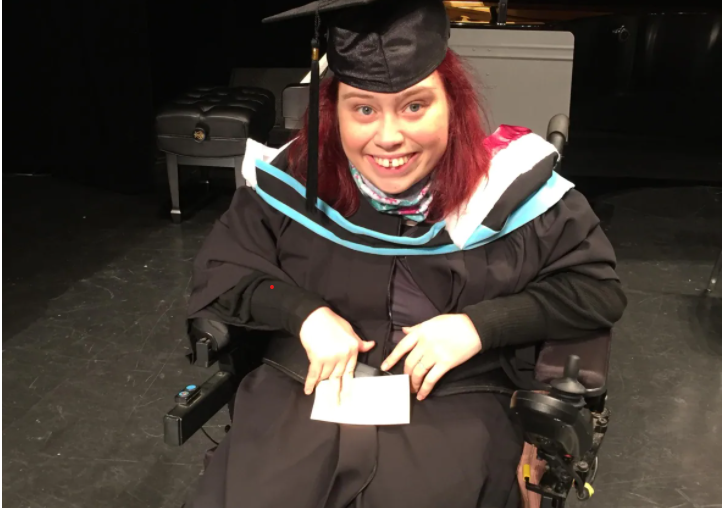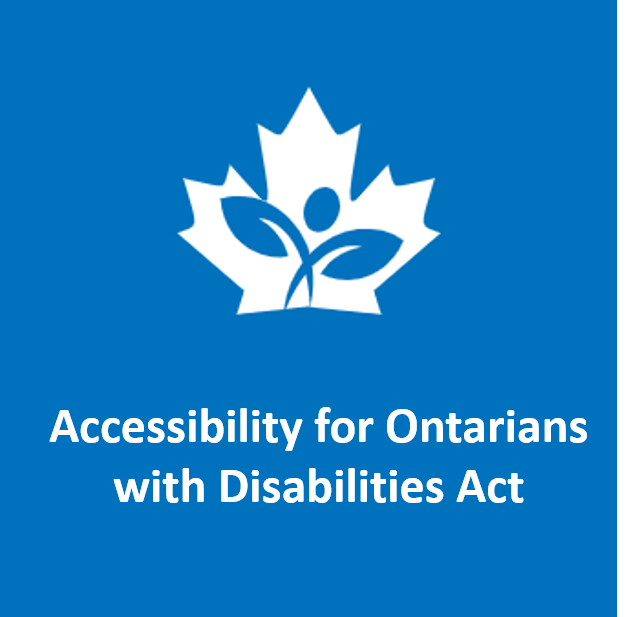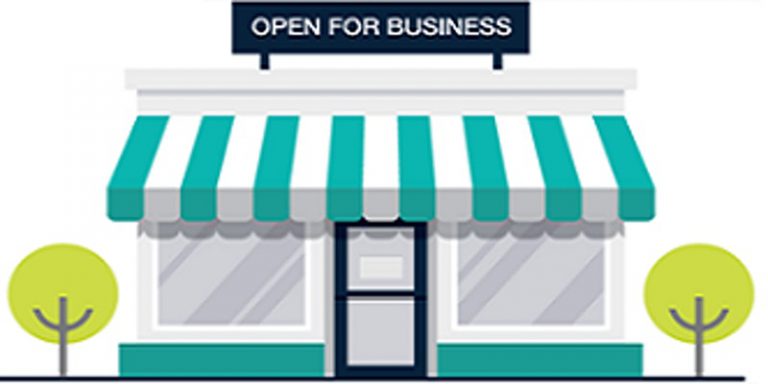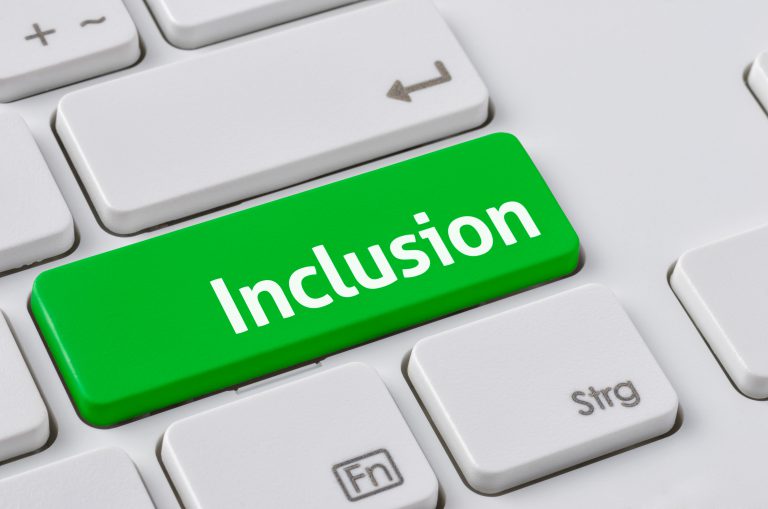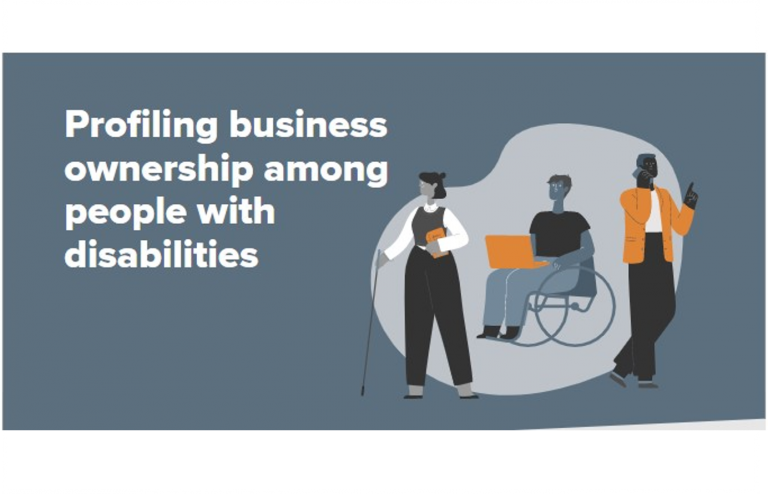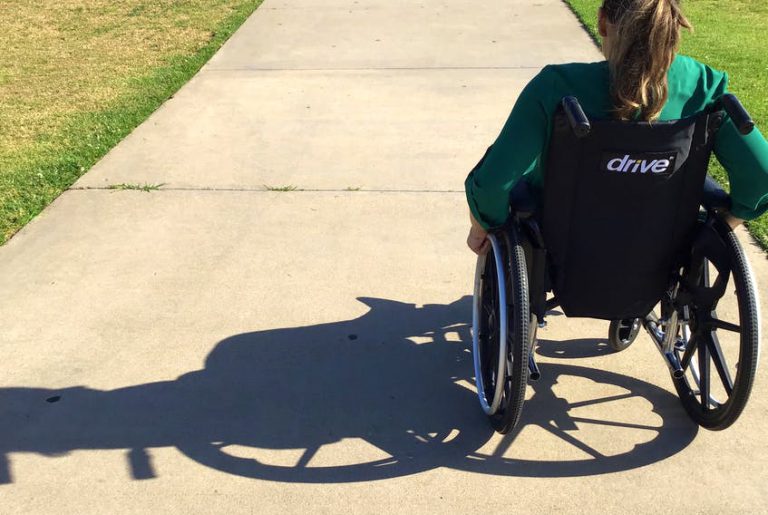Let’s open our minds to people with disabilities — instead of closing doors
Living with a disability can sometimes be frustrating, expensive and isolating. But, as the CBC’s Alisha Dicks knows, it’s so much more than that. Her disability has taught her to think creatively and look at things from a different perspective. In her new series, Access with Alisha, she gives us a look into her life and helps break down barriers for others.
A high school teacher once told me “people like you” don’t belong in university.
This comment briefly made me feel invisible, worthless and incapable of achieving my dreams — but has fuelled me every step of the way since then.
I have spastic quadriplegia, which is a form of cerebral palsy. This condition is caused by a lack of oxygen to the brain. It affects my fine motor skills, gross motor skills and all four of my limbs, and I use a wheelchair to get around.
But if that’s all that some people see when it comes to me, they’re missing out. I have a bachelor of arts degree in English and history, and a bachelor of intermediate secondary education, which enables me to teach grades 7-12 English and social studies. I’m also working toward my bachelor of special education.
That’s my passion: inclusive education. But my drive to improve inclusivity, end stigmas and break down barriers started long before I enrolled in post-secondary education.
People saw my disability first, instead of me
Growing up, I was always told by my parents that I could do anything. I was never treated any differently from my brothers. But as I reached school age, things became dramatically different. I became aware that people saw my disability before they saw me as a person. This affected my self-esteem and my mental health, and for a while it defined my self-identity. It’s had long-lasting impacts and it’s only through continued self-reflection, healing and growth that I do believe in myself — and I work on that every day.
This series, Access with Alisha, is one way to do that. It’s natural to feel apprehensive with the unfamiliar. (How many of you knew what spastic quadriplegia was before I explained it above?) But as someone who lives with a disability, I implore you: stop staring and start sharing. Ask questions, don’t assume, and see a person’s strengths instead of the limitations.
I heed my own advice when I’m in the classroom working with students. How can I make a hard situation seem more doable for them? Well, I don’t know what I don’t know — meaning, everyone is different, so I ask and learn more.

Access with Alisha will examine issues such as transportation costs, employment, infrastructure and more, all through a lens of accessibility. My hope is to bring to light issues that are largely hidden from many people but are all too familiar to people who live with disabilities. But beyond that, to encourage — no, to challenge — people to see the person behind the disability. And for persons with disabilities to see themselves as a valuable part of this world.
To the people who jump to conclusions when they see a person in a wheelchair, whether it’s, “They will make my workplace look unprofessional or “They’re not capable of doing what they set out to do”: take time to think about how those actions affect that person’s self-esteem and how it might affect their self-perception if you say these thoughts out loud. Instead of judging a book by its cover, let’s shift our mindset to, “What am I missing out on if I don’t interact with this person?” “What is my business potentially missing out on if I don’t hire them?” Let’s open ourselves up to what is right in front of us rather than letting our preconceived notions write the story.
And to that teacher, and others, who say people like me don’t belong in university: people like me belong everywhere.
_________________
Source: CBC News

